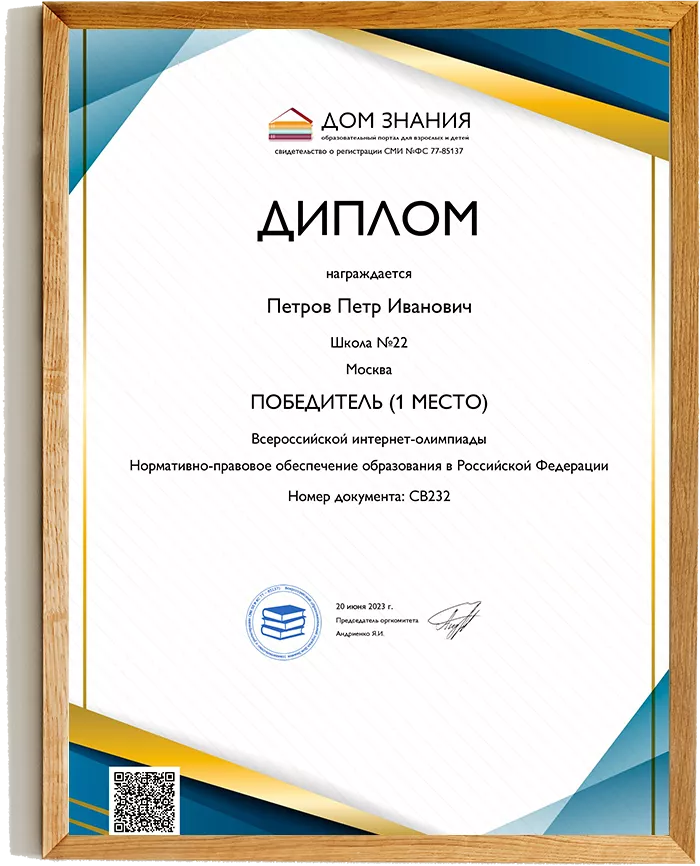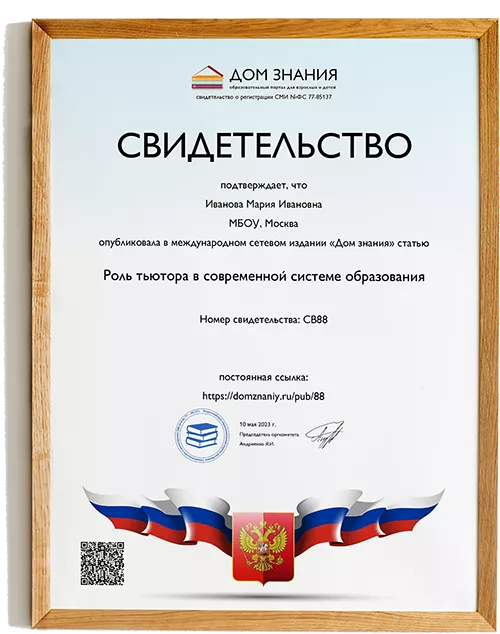A.P.Chekhov
One of the streets in Rostov is named after Anton Chekhov, the famous Russian writer. He brought glory not only to our country, but also to our region. Chekhov was born in Taganrog on the sea of Azov in 1860. His grandfather was a serf who had saved money to buy his freedom and that of his three sons. One of them, Pavel by name, opened a grocer’s shop at Taganrog, married and had five sons and one daughter. Anton was his third son. Pavel was uneducated, vain, selfish and deeply religious. When Anton was 16, his father crippled with debts and fearful of arrest, fled to Moscow, where his two elder sons were at the university.
Anton was left at Taganrog to continue his schooling in the gymnasium and he supported himself as best as he could by tutoring backward boys. When after three years he matriculated and was granted a scholarship of 25 roubles, he joined his parents in Moscow. Having decided to become a doctor, he entered the medical school. He was then a tall young man with light brown hair and brown eyes. He found his family living in a slum. Anton brought with him two school friends and fellow students to board with the family. Their payment and his scholarship were enough to provide food for nine people and pay the rent.
Anton had the gift of improvising funny stories which kept his friends in fits of laughter. He sent off his story to a Petersburg weekly called “The Dragon Fly”. To his surprise it was accepted. From 1880 to 1885 Chekhov wrote 388 stories. While he was writing, he was working at the medical school to get his diploma. He could only write at night after his hard day’s work at the hospital. The condition after which he wrote were difficult. In his stories Chekhov defends the insulted dignity of a “small man”.
After his final examinations Chekhov became a qualified doctor. But intelligent persons in Petersburg found in Chekhov a talented writer and invited him to contribute to their journals. Chekhov was impressed. But he had never intended to become a professional writer. “Medicine”, he said, “is my lawful wife and literature only my mistress”.
Tuberculosis was in the family and later Chekhov understood that he had been at death’s door. In 1887 after graduating from Moscow university Chekhov came back to Taganrog and was depressed by the spiritual poverty of the narrow-minded people. The journey about our native Don region gave him material for writing the story “The Steppe”, which is penetrated with the love to our native nature.
Chekhov fought courageously his illness and at the age of 44 he died. Chekhov’s work is immortal. On his initiative there was erected a monument to Peter the Great on a high steep shore of the sea of Azov in Taganrog. Many places in Taganrog are connected with the name of the outstanding Russian writer A.P.Chekhov. Among them the Chekhov memorial museum-a small house, where in 1868 Chekhov was born. The Chekhov literary museum was founded in the 30-ies. The Taganrog Drama Theatre was given the name of Chekhov in 1944.
In 2004 celebrating Chekhov’s 100th anniversary the people of Taganrog sent to Baden-Weiler in Germany, where Chekhov died, young cherry-trees to commemorate the memory of this great writer.


